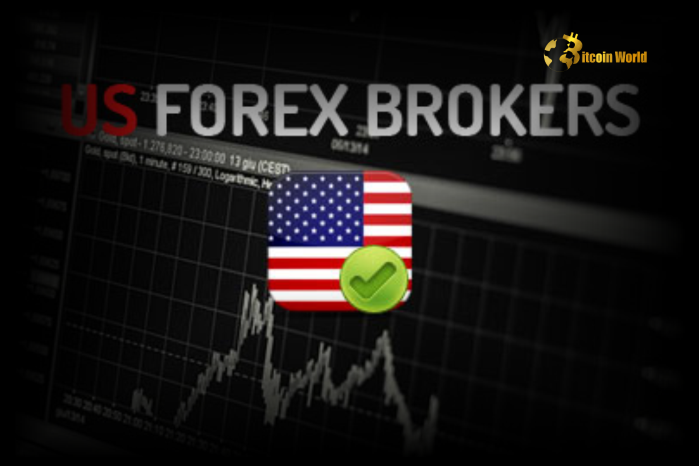Understanding Forex Taxation in the US
Understanding Forex Taxation in the US
Blog Article
How to Get Started with Forex Trading in the US
International exchange, or Forex trading, draws millions of members in the United Claims every year. Its absolute size and liquidity allow it to be one of the very most appealing areas globally. But, forex trading for beginners. takes a special and strict way of regulating Forex activities. If you're seeking to trade currencies or simply just desire to understand how legal frameworks form the Forex market, knowledge these regulations is crucial.

Essential Legal Frameworks Shaping Forex in the US
Forex regulation in the United States is distinguishable due to its thorough risk regulates and client protections. Two major government figures oversee many Forex actions:
• Thing Futures Trading Commission (CFTC)
• National Futures Association (NFA)
The CFTC, developed in 1974, is tasked with regulating the futures and alternatives markets, international change included. The NFA, as a self-regulatory organization, works strongly with the CFTC to enforce rules and keep fairness in trading practices.
Enrollment and Conformity
Every Forex vendor or broker using the services of U.S. people should register with both the CFTC and NFA. These entities may also be required to adhere to demanding working requirements, including:
• Minimum internet money demands (often higher than in other countries)
• Continuous audits
• Strong anti-money laundering (AML) plans
• Clear risk disclosure
Violations may lead to hefty fines or a lasting bar from the market. This regulatory structure aims to prevent scam, defend investors, and increase market integrity.
Important Restrictions on Forex Actions
Foundational rights affect how Forex works in the U.S.:
• Power limits: The NFA units a maximum power of 50:1 for key currency sets and 20:1 for minors. This is much below many world wide markets, helping defend new traders from significant losses.
• Segregation of funds: U.S. legislation involves that client funds are held split from broker operational funds. This evaluate safeguards traders in the case a broker becomes insolvent.
• Marketing and disclosure: Firms must clearly describe dangers, expenses, and trading mechanisms to clients. Misleading or hostile solicitation techniques experience strict penalties.
Enforcement and Penalties
U.S. agencies regularly check for fraudulent systems, insider trading, and illicit industry manipulation. Statistical knowledge from enforcement reports reveals a constant pattern of penalties and settlements in recent years, displaying continuous vigilance. That environment, while stricter than most parts of the planet, produces a safer enjoying area for retail and institutional traders alike.
What to Contemplate as a US Forex Trader
New traits reveal an ongoing rise in regulatory actions, an emphasis on consumer knowledge, and continuous upgrades to compliance requirements. If you intend to trade Forex in the U.S., it's necessary to:
• Ensure a broker's productive enrollment position
• Keep updated with regulatory improvements
• Review risk disclosures before generally making trades
This process decreases unforeseen failures and improves your prospects in a firmly governed but sturdy marketplace. By knowledge legal rules, U.S. traders may confidently be involved in the Forex market while staying within the variables of the law.
Report this page